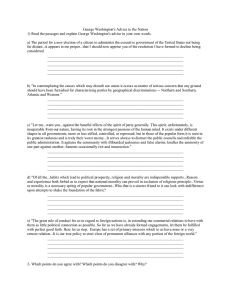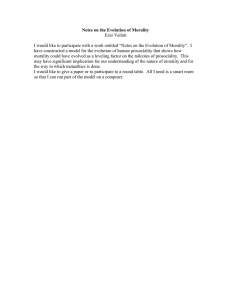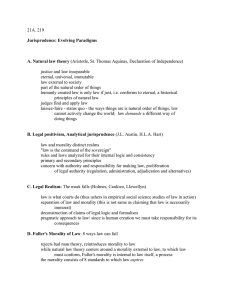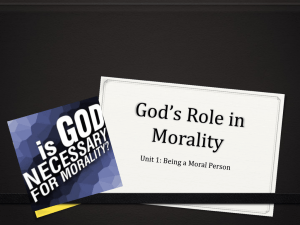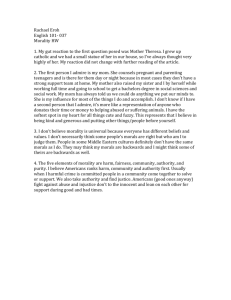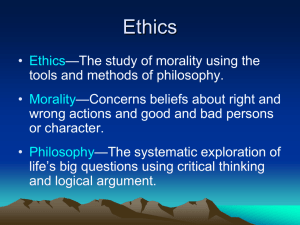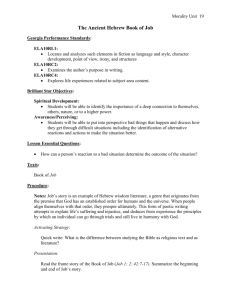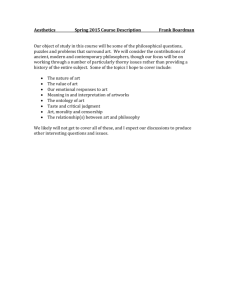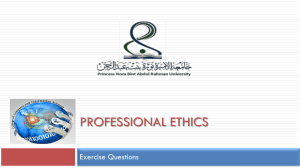Political Sociology: Culture, Conflict and Morality Day
advertisement
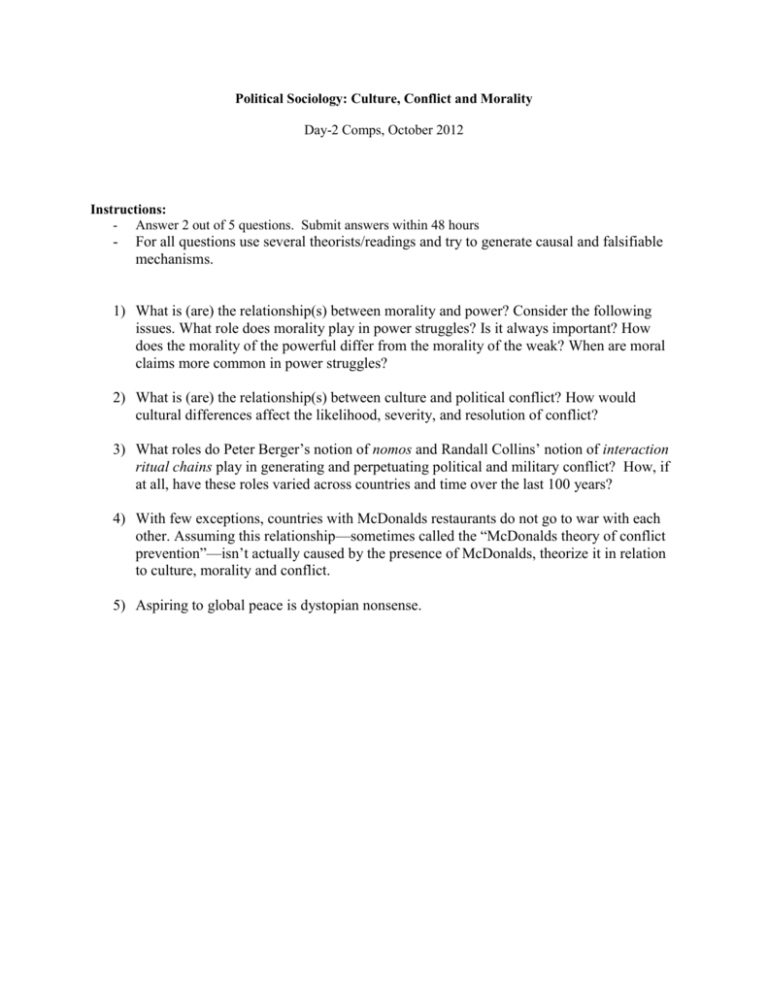
Political Sociology: Culture, Conflict and Morality Day-2 Comps, October 2012 Instructions: - Answer 2 out of 5 questions. Submit answers within 48 hours - For all questions use several theorists/readings and try to generate causal and falsifiable mechanisms. 1) What is (are) the relationship(s) between morality and power? Consider the following issues. What role does morality play in power struggles? Is it always important? How does the morality of the powerful differ from the morality of the weak? When are moral claims more common in power struggles? 2) What is (are) the relationship(s) between culture and political conflict? How would cultural differences affect the likelihood, severity, and resolution of conflict? 3) What roles do Peter Berger’s notion of nomos and Randall Collins’ notion of interaction ritual chains play in generating and perpetuating political and military conflict? How, if at all, have these roles varied across countries and time over the last 100 years? 4) With few exceptions, countries with McDonalds restaurants do not go to war with each other. Assuming this relationship—sometimes called the “McDonalds theory of conflict prevention”—isn’t actually caused by the presence of McDonalds, theorize it in relation to culture, morality and conflict. 5) Aspiring to global peace is dystopian nonsense.
